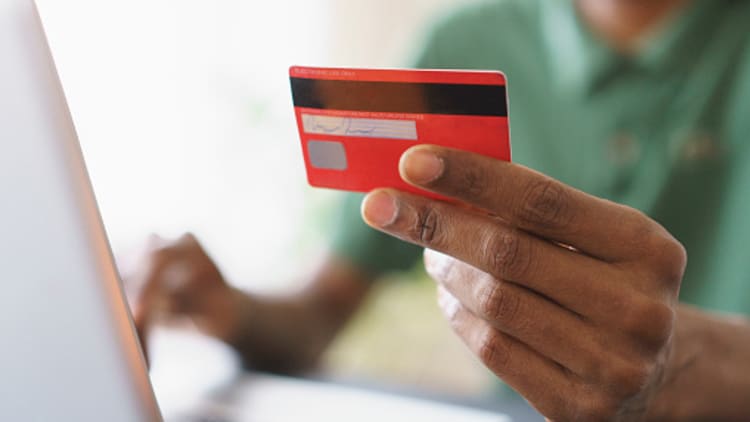If you have less than $1,500 in your checking account, watch out.
You could be setting yourself up for some pesky fees.
In 2017, Americans spent about $3.5 billion on monthly maintenance fees for their checking accounts at the top five U.S. banks, according to new data from MyBankTracker, a website that aims to help consumers choose the best banks and financial products for them.
The top five U.S. banks — Bank of America, Chase, Citi, U.S. Bank and Wells Fargo — typically require checking account owners to have at least $1,500 in their accounts in order to waive their monthly fee, according to MyBankTracker founder and CEO Jason Reposa. The average monthly fee for these accounts is $10.99 per month.
That’s bad news for consumers, almost 64 percent of whom had less than $1,000 in their checking accounts, according to the survey.
And the penalties consumers are paying did not stop at monthly maintenance fees.
Thirty-seven percent of respondents indicated they had at least one overdraft on their accounts.
“If you do the math on this, consumers are paying $130 per year in a monthly fee,” Reposa said. “Those fees are eating away the little bit of money consumers are putting aside.”

If you are in that situation, you have two options: Make the switch to an online account without those fees or meet the minimum requirements for your current account, Reposa said.
When evaluating if you want to switch, consider the services you use.
If you never need the services of a brick-and-mortar bank, an online account could be for you.
But if you travel a lot — whether it be overseas or even just nationally — you probably want access to a bank with a larger footprint, which can provide easier access to your money and more ATMs to draw from, Reposa said.
The online survey was conducted throughout 2017 and included 21,186 respondents ages 18 and up.
More from Personal Finance:
Here's what that Supreme Court sales tax decision means for you
Social Security benefits buy 34 percent less than in 2000, study reveals
Here's why some retirees no longer have to file a tax return


